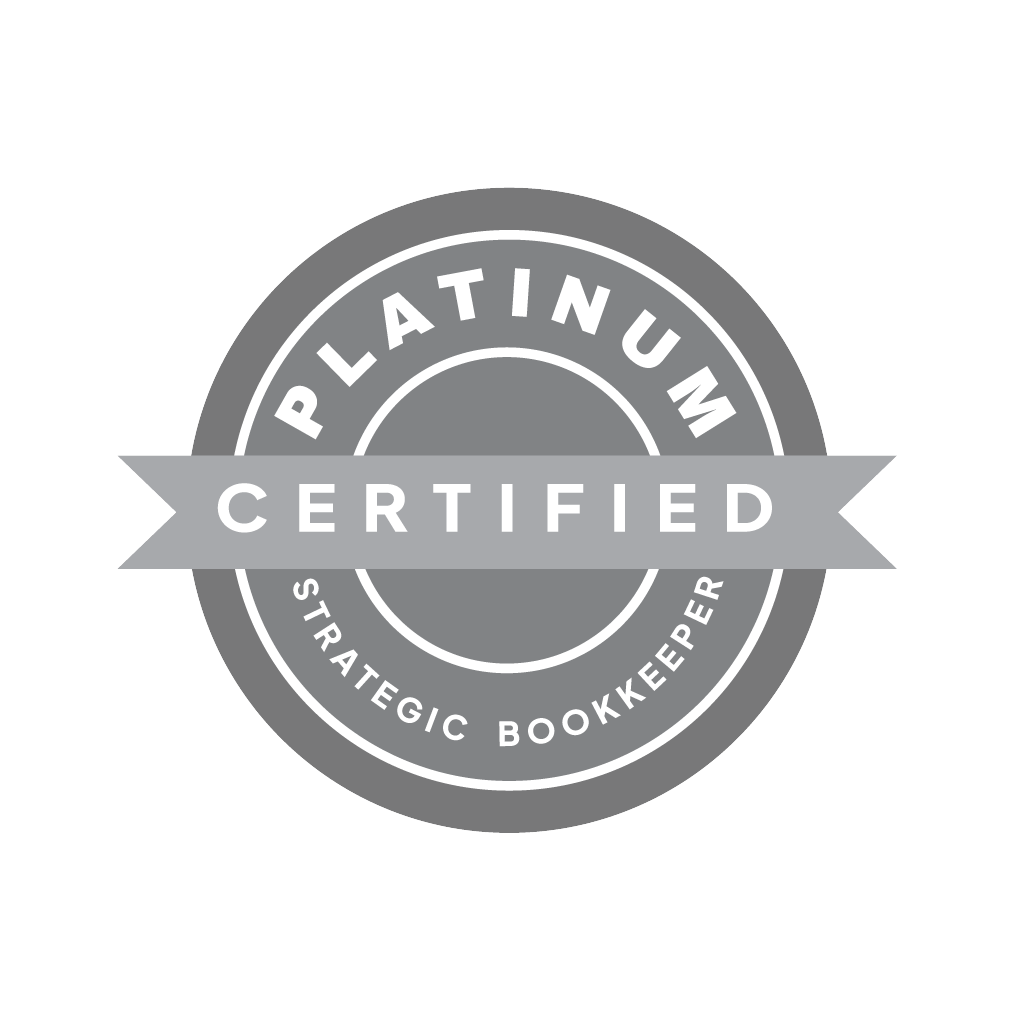The COVID-19 pandemic fundamentally changed how businesses operate, with many employees working from home or pausing their employment entirely until workplaces were able to reopen. One key change to emerge from the disruption is the growing popularity of hybrid work models, where employees split their time between working remotely and in the office.
A recent survey by PwC Australia found that by February 2023, almost 70% of workers preferred a flexible, hybrid working model, while 30% desired either a fully remote or fully office-based arrangement. As businesses transition to hybrid environments, effective HR and payroll strategies are crucial for ensuring smooth operations and maintaining employee satisfaction.
Understanding Hybrid Work and Its Impact on HR and Payroll
Many businesses have realised that flexible working arrangements are here to stay. A hybrid workplace enables employees to divide their time between working in a company office and at home.
Hybrid work refers to a flexible arrangement that allows employees to split their time between working from home and the office. This shift has accelerated the need for businesses to reevaluate their HR and payroll systems to accommodate a more distributed workforce.
The digital transformation in workplaces during the pandemic highlighted the importance of remote work tools, such as reliable internet access, mobile phones, and home office setups equipped with desks, chairs, laptops, and headsets. As hybrid work becomes the norm, businesses must adopt HR and payroll strategies that support both remote and office-based employees.
Benefits and Challenges of Hybrid Work
In hybrid workplaces, while working at home, employees can focus on deep-thinking or independent tasks, among many other examples. Time at home can enable hybrid workers to drive personal performance while allowing for the flexibility to meet other life responsibilities, such as running errands or taking children to school.
The advantages of working from home for employees include:
- Flexibility: Working from home allows for a more flexible schedule, which can lead to a better work-life balance.
- No commute: Saves time and money by eliminating the need to commute between home and office.
- Comfortable environment: The ability to work in a comfortable, familiar environment can improve productivity and overall job satisfaction.
- Reduced distractions: A lack of office distractions and noise can lead to a more focused and productive work environment.
Challenges of hybrid workplaces
There are many challenges with operating any business with a positive culture whereby employees are productive and feel connected, valued and engaged. Trying to achieve this in a flexible, or hybrid environment, is no less challenging.
Among the disadvantages of working from home are:
- Isolation: Lack of face-to-face interaction and socialisation with colleagues can lead to feelings of loneliness and isolation.
- Difficulty separating work and personal life: The line between work and personal life can become blurred, leading to burnout and decreased job satisfaction.
- Technical difficulties: Technical problems with equipment, internet connection, or software can disrupt productivity and cause frustration.
- Limited collaboration and teamwork: Collaborating and communicating with co-workers can be more challenging when working remotely.
- Sense of belonging – taking all the above factors into account, the feeling that you are a part of something might be missing. This can be a major issue when people are continually shaping their careers.
Key HR and Payroll Strategies for Managing Hybrid Workplaces
For hybrid workplaces to succeed, businesses must adopt HR and payroll strategies that support flexibility, trust, and communication. Here are some key strategies to consider:
- Promote a Culture of Trust: Managing remote employees requires a shift in mindset. It’s essential for managers to trust their teams and avoid micromanaging. Regular check-ins through video calls, phone calls, or messaging platforms help prevent isolation and ensure that employees feel supported.
- Flexibility in Performance Management: Businesses should adjust their performance management processes to accommodate the hybrid model. Set clear expectations, measure performance based on outcomes, and provide ongoing feedback to ensure employee engagement.
- Leverage HR and Payroll Technology: With a hybrid workforce, automation plays a critical role in streamlining HR and payroll processes. Businesses should invest in HR and payroll software that automates tasks like payroll processing, leave management, and timesheet tracking. This ensures accuracy and efficiency, even with a distributed team.
- Provide Seamless Collaboration Tools: Collaboration tools are essential for maintaining communication and teamwork in hybrid work environments. Integrating digital tools such as video conferencing, project management software, and instant messaging can help keep teams connected.
- Ensure Compliance with HR and Payroll Regulations: Hybrid workplaces must comply with employment laws, including those related to payroll and taxation. It’s important to keep up with changing regulations, especially those related to remote work and worker entitlements. Make sure your HR and payroll processes align with the latest legal requirements to avoid penalties.
The Future of Hybrid Workplaces: Agility and Innovation in HR and Payroll
As hybrid workplaces become the standard, businesses will need to continuously adapt. The future of successful hybrid work models lies in managing teams effectively, with HR and payroll strategies that prioritize flexibility, efficiency, and employee satisfaction.
Businesses are advised to incorporate greater flexibility into their working arrangements and to review their HR and payroll systems. They should also look to continually automate more of their workflows and processes so that more tasks may be undertaken effectively by a hybrid workforce.
Creating a sense of connectivity within a hybrid workplace is vital. Encouraging collaboration, maintaining team dynamics, and preserving the organizational culture are key components of hybrid work success. HR and payroll teams should ensure that the infrastructure is in place to support this. Regular employee feedback, automation of workflows, and seamless digital tools for collaboration are essential to maintain productivity and employee satisfaction.
As hybrid workplaces become the norm, businesses will need to continue adapting. Future success lies in managing hybrid teams effectively, with HR and payroll practices supporting flexibility and efficiency. Modern managers will need to be agile and innovative, creating well-led hybrid teams that are productive and engaged.
A successful hybrid work model is about more than just flexibility—it requires strong leadership, effective HR practices, and a well-managed payroll system to keep everything running smoothly.
Effortless HR and Payroll Management for Queensland SMEs
At EDGE SME, we understand the unique challenges small and medium-sized businesses in Queensland face when managing HR and payroll in hybrid environments. Our tailored HR and payroll solutions are designed to help you save time, reduce stress, and maintain compliance while supporting flexible working arrangements. Contact us today to find out how we can help your business thrive in the hybrid workplace era.




